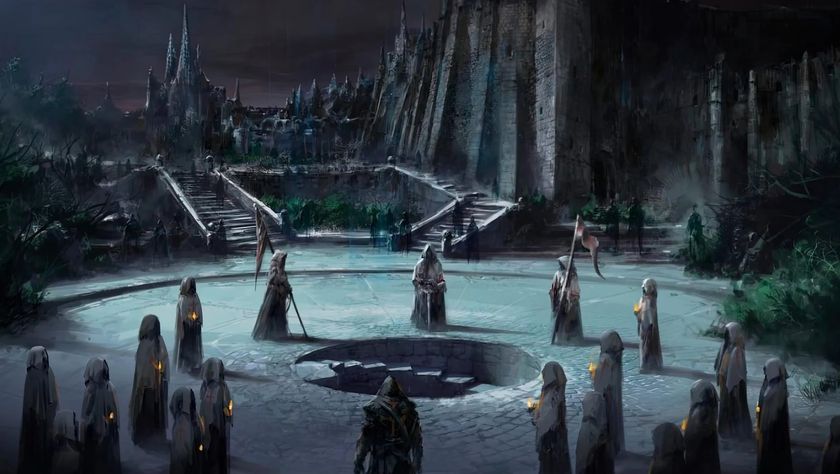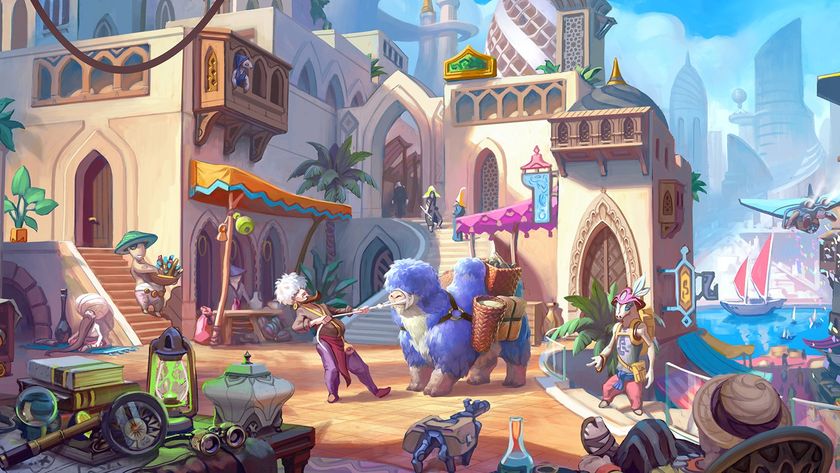Alienware manager on Steam Machines lull: Windows 10 changed everything
Frank Azor discusses the future of living room gaming PCs, and whether there even is one.
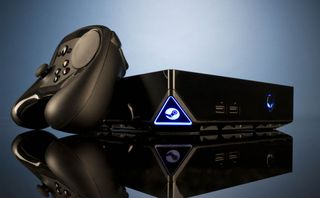
Two years ago, it was hard to discuss PC gaming without the question of Steam Machines arising. In early 2014, Valve announced a long list of hardware companies with SteamOS-operated living room PCs in development, and alongside the still-in-development Steam Controller, it felt like these living room PCs might render the platform more mainstream, while also meaningfully endangering Sony and Microsoft’s console businesses.
Alienware was among the most proactive companies when it came to pursuing the concept. It released the Windows-based Alienware Alpha before SteamOS was finished, and the second iterations of both its Windows and SteamOS based boxes released earlier this year. And yet, in 2016, it’s rare for discussions about the future of PC gaming to include any mention of Steam Machines.
Earlier this month, during an interview with Alienware co-founder and current general manager Frank Azor, I asked him why this was the case. His answer? Microsoft, basically.

Frank Azor is a co-founder of Alienware, and currently serves as VP and general manager of both Alienware and XPS at Dell.
“I think the landscape two years ago was very different to what it is today,” Azor said. “The catalyst for the Steam Machine initiative was really around what Microsoft’s decisions were with Windows 8, and if you remember that operating system, it really stepped away from gamers in a big way. We were concerned as an industry that we were going to lose PC gamers on the Windows platform to any other platform that was out there, whether it was console, Mac OS X, Android.
“So that’s where the partnership between Valve and Alienware really initiated around the Steam Machine concept,” he continued. “We said: ‘Hey, we can’t lose Windows as a gaming platform.’ We had to take matters into our own hands because we couldn’t rely on Microsoft. So we did that, and we started pursuing the path that we did.”
The potent mix of Microsoft’s seeming ambivalence towards gaming, and the nonetheless rising PC player base, meant that companies like Alienware (which is a subsidiary of Dell) and Valve needed to act. But just as the Steam Machine concept was starting to gain traction, something else happened.
“Valve ran into some delays with the controller, and while that was occurring, Windows 10 was being released,” Azor said. “I think Microsoft learned a very valuable lesson – a lot of valuable lessons – with Windows 8 and tried to correct those with Windows 10. It’s more gamer focused, I would say. Every subsequent release has focused on gamers. Although their execution isn’t perfect, it’s definitely improved compared to Windows 8.”
The biggest gaming news, reviews and hardware deals
Keep up to date with the most important stories and the best deals, as picked by the PC Gamer team.
Steam Machines were a kick in the butt [to Microsoft], so that they realised what they could stand to lose
He continued: “I think the need right now, for Steam Machines and for SteamOS, isn’t as great as it was two years ago, and that’s contributed to the reason why the momentum has faded. We still offer SteamOS and the Steam Machine platform with the new version of the Alpha – the new Steam Machine R2 – and we still sell hundreds of units, thousands of units every month. But it’s not a major initiative for us like it was two years ago because it’s not necessary right now. We’re in a good place with Windows.”
As for the dream of PCs usurping consoles in terms of their viability as convenient, low-maintenance living room devices, Azor says there are still movements in that market, but they’ve arrived in different forms. While he says the execution isn’t “100 percent there”, Xbox Play Anywhere is an example of that PC / console relationship growing. Meanwhile, for those coming from a more technically savvy background – for those already embedded in the PC world – devices like the Steam Link, or a Steam Machine or the Alpha, might be better suited if one desires a box under the TV.
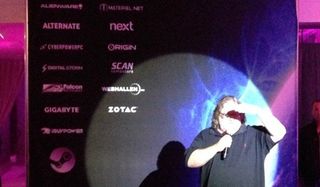
At least as far as Alienware’s efforts are concerned, Azor says Windows 10-based Alphas are still king. “We’re seeing the Windows version of Alpha significantly outsell the Steam Machine version because there is a lot of interest in taking PC games and putting them into the living room,” he said. “We’ve made that a reality with these platforms, but I think the Windows platform continues to outperform the Steam one simply because it has a bigger library and a little more flexibility regarding what controller you can use.
“Maybe then Steam Machine could overtake [Windows 10] Alpha sales, but it could take time, and I don’t think anyone is in a hurry for that to materialise. I think what’s more important is that Microsoft continues to pay attention [to the fact] that they are at risk of losing Windows as a gaming platform if they don’t continue to invest in gamers. I think Steam Machines and what we did with Valve is a reminder to Microsoft, a kick in the butt, so that they realised what they could stand to lose.”
As for Alienware’s future, the latest Aurora and Area-51 desktop PCs demonstrate a desire to make VR a hassle-free pursuit, which has also been a focus on the company’s gaming laptop line-up. While some people still have misgivings about VR and its viability, Azor doesn’t agree.
“Everyone’s very excited about VR, and then there’s a lot of concern about it. My message to people is: chill the hell out. This stuff only started shipping earlier this year, it took PC gaming 40 years to get to the point where it is right now. I don’t think it’ll take that long for VR, but we’re only on day one.”

Shaun Prescott is the Australian editor of PC Gamer. With over ten years experience covering the games industry, his work has appeared on GamesRadar+, TechRadar, The Guardian, PLAY Magazine, the Sydney Morning Herald, and more. Specific interests include indie games, obscure Metroidvanias, speedrunning, experimental games and FPSs. He thinks Lulu by Metallica and Lou Reed is an all-time classic that will receive its due critical reappraisal one day.
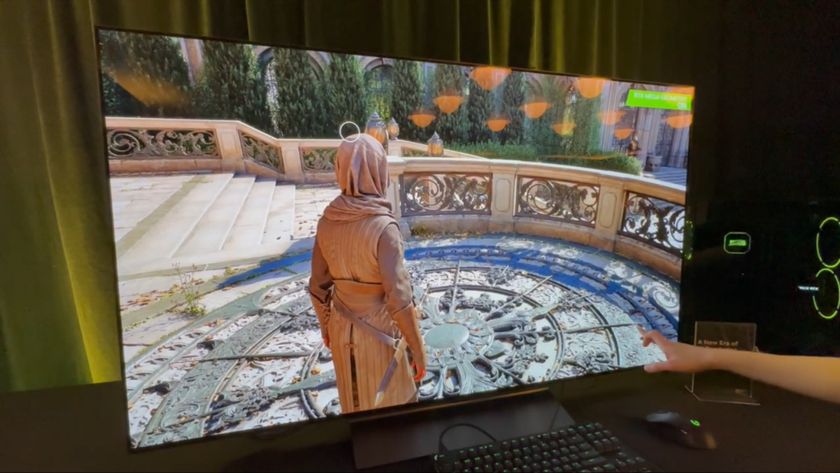
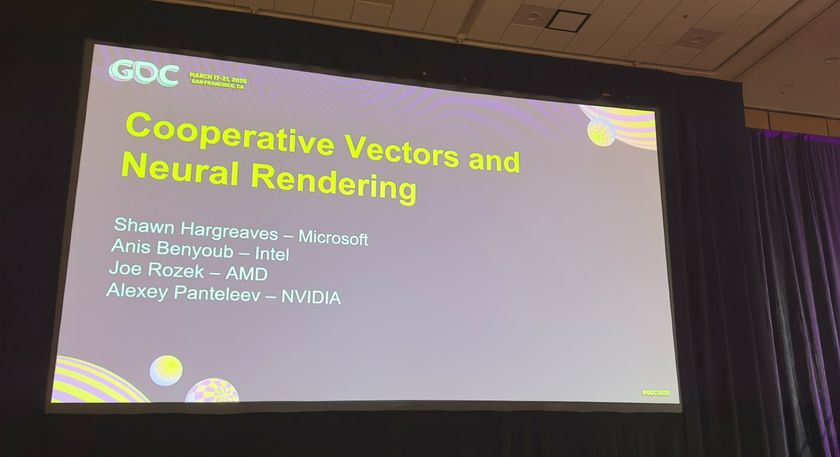
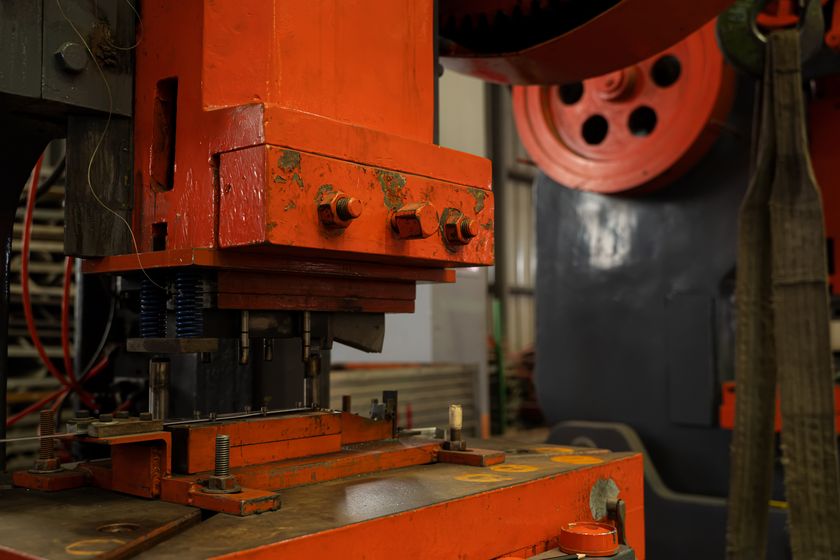

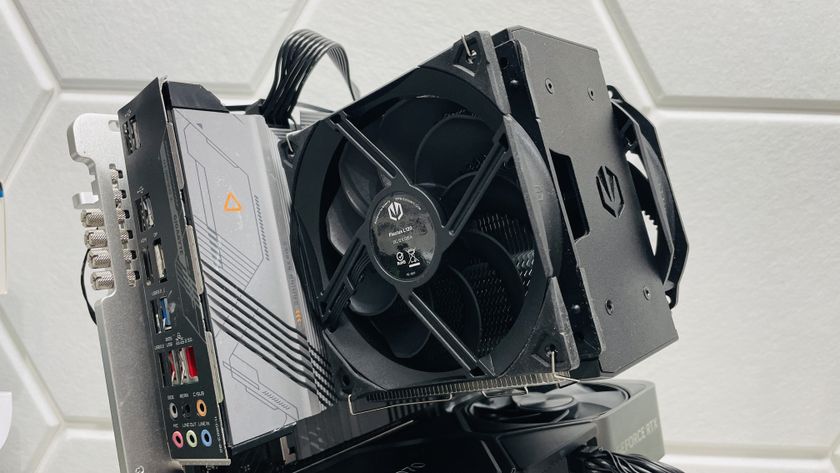
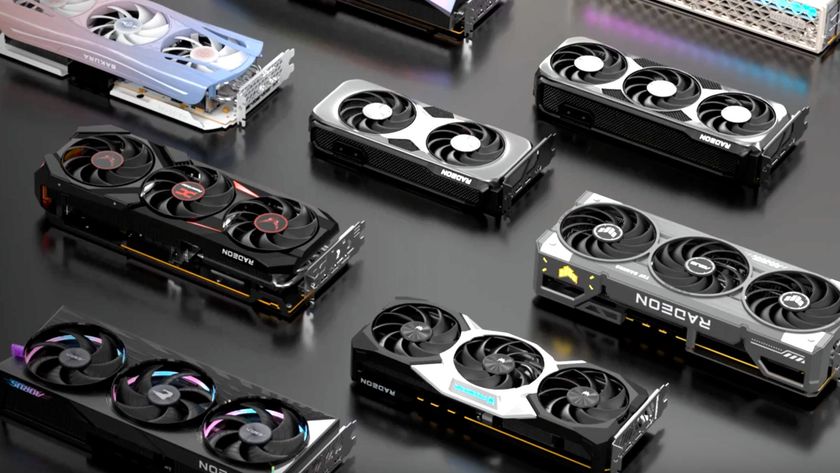

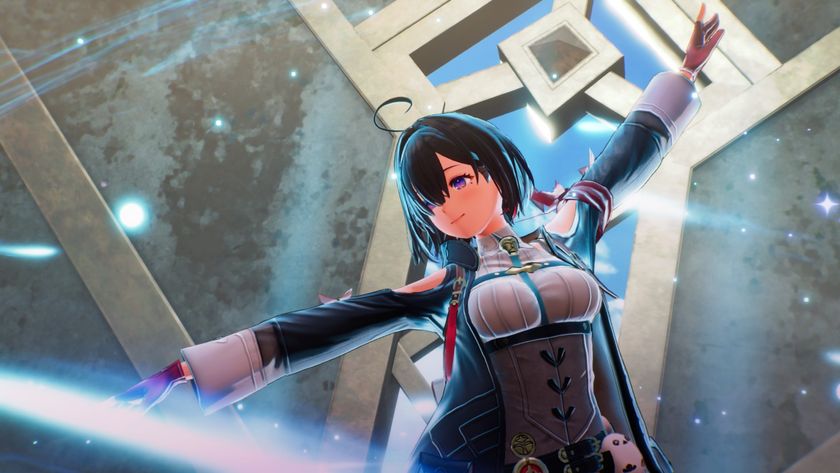




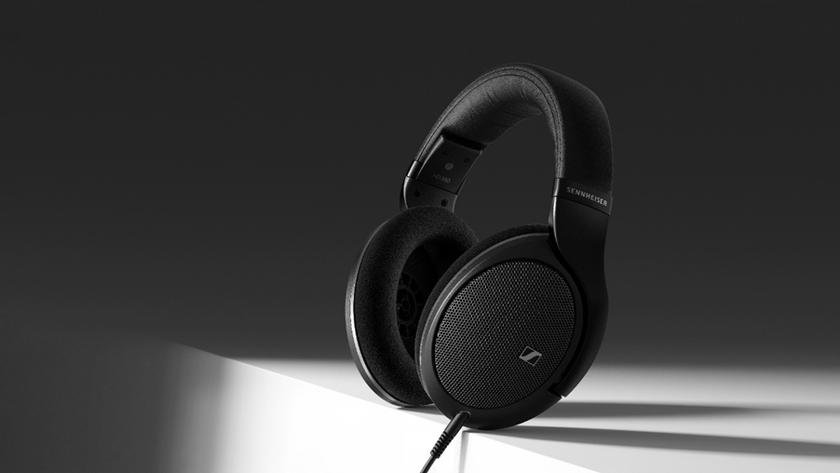
Sennheiser says it 'will not become a gaming brand' but its new HD 550 are a good excuse to use audiophile headphones for gaming

AMD, Intel, Microsoft, and Nvidia are all excited about cooperative vectors and what they mean for the future of 3D graphics, but it's going to be a good while before we really see their impact

